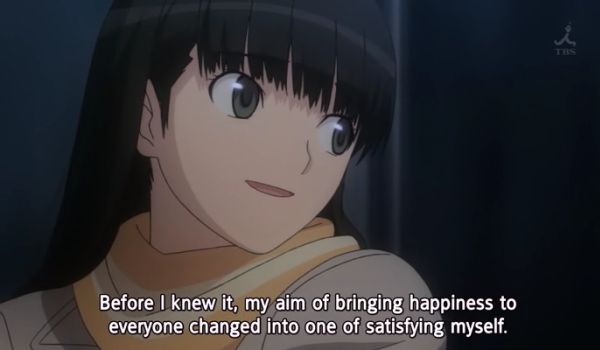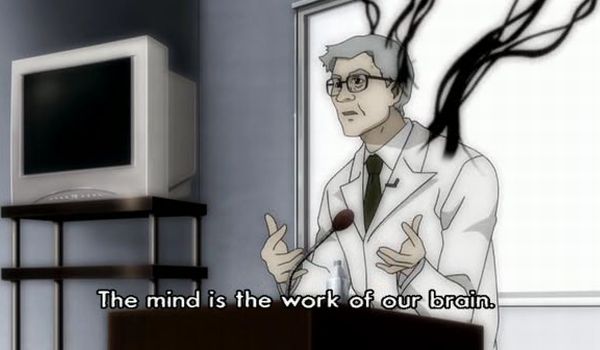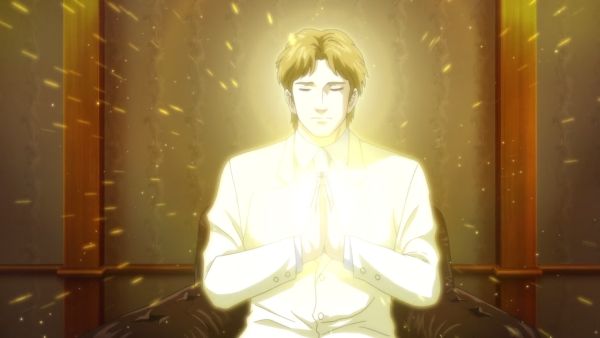“Before I knew it, my aim of bringing happiness to everyone changed into one of satisfying myself.” Well, spiritual self-satisfaction in this case, but even so…
Yesterday when I came home from work, I found a package from Amazon.com. What could it be? I tend to forget such things over the course of the time it takes to ship it all the way from the USA. This time it was indeed The Transcendent Unity of Religions by Frithjof Schuon.
“Wouldn’t it be better for you to advance within your own religion?” asked the voice in my heart. Who needs a spouse when you have voices like that? It is presumably the voice of God, or something in that direction. Or perhaps the voice of reason, I find these hard to tell apart.
Anyway, you have to admit that this hit the bullseye. Â Opening the book, it becomes clear (as I had already suspected) that the transcendent unity means that the different religions come from the same source, kind of like a spectrum from a prism. Each color of the spectrum follows its inner nature and takes its own path, but they are all light, and if we could somehow pass through the prism we would find them all to be one. Well, that is not his words, that is just the impression I get. But it is probably a correct impression of what Schuon teaches, in a rough simile.
Now, after this episode, you’d think I’d act accordingly. But no. I put the book in my bag, and today I pulled it out on the bus. Now, there is nothing evil as such about reading religious books on the bus, especially here in Scandinavia where most people are atheists and think you’re crazy (and possibly dangerous) if you take religion somewhat seriously. But even so, would I have done the same if it was something more shameful, like for instance the latest Savage Dragon comic book?
(I used to subscribe to a large number of comic books, now Savage Dragon is the only one left, and that mainly because I am too lazy to discontinue my subscription. Most comic books stop at some point, and restart under a slightly different name, but Larsen just keeps ticking like an energizer bunny. Anyway, that’s beside the point. The point is that if I wanted to give people a realistic impression of me, I have read a hundred times more comics than deep spiritual books in my lifetime. Perhaps a thousand times more, I am not sure. Â Probably somewhere between those.)
I’m not exactly a hypocrite, I just don’t mind if people think too highly of me. Why does that not upset me at least as much as if they think too lowly of me?
So I may have these noble motives. I want to radiate light and love and hope and courage to people around me, or who read my journal. That is cute. But it does not count and it does not work unless it is true all the way through. Unless it comes from me actually being that transparent, so the light of the inner sun shines through.
I’m not really that transparent yet. I’m not really that kind of inspiring person I want to be. Â Well, I’m quite happy and such, but that’s not really something I have deserved. Â And I cannot really prove that it comes from my religion rather than, say, from playing computer games an hour or two each day as I also do. Â I may feel pretty sure it is the religion, but if so, wouldn’t I spend more time on it and less on the imaginary little people inside my computer?










